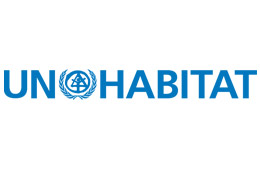Lignin/Plastic Recycling
Quantum computing simulation to design new catalyst to break down lignin and plastic in order to valorise waste products into fuel alternatives.
Owner
Status
Quantum Approach
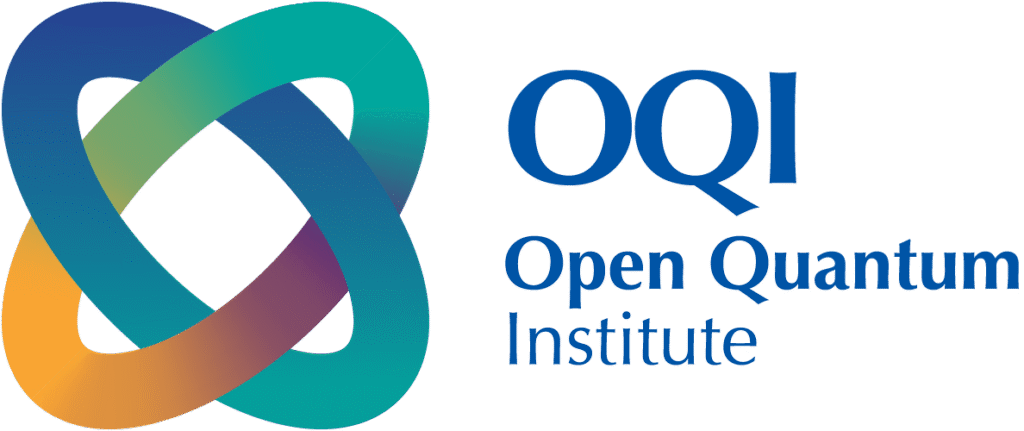
Phase 0 – Idea
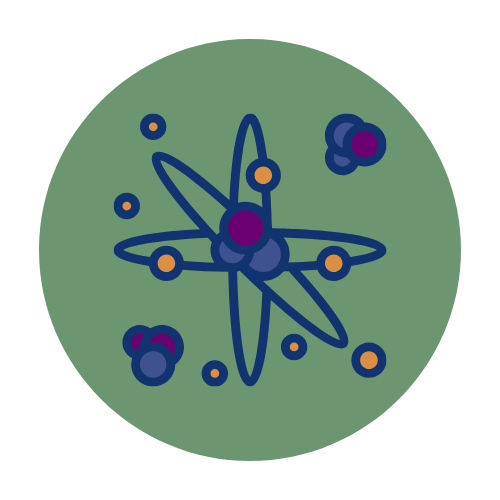
Quantum Simulation
SDGs
Contributors
Origins of Contributors
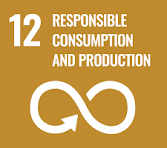
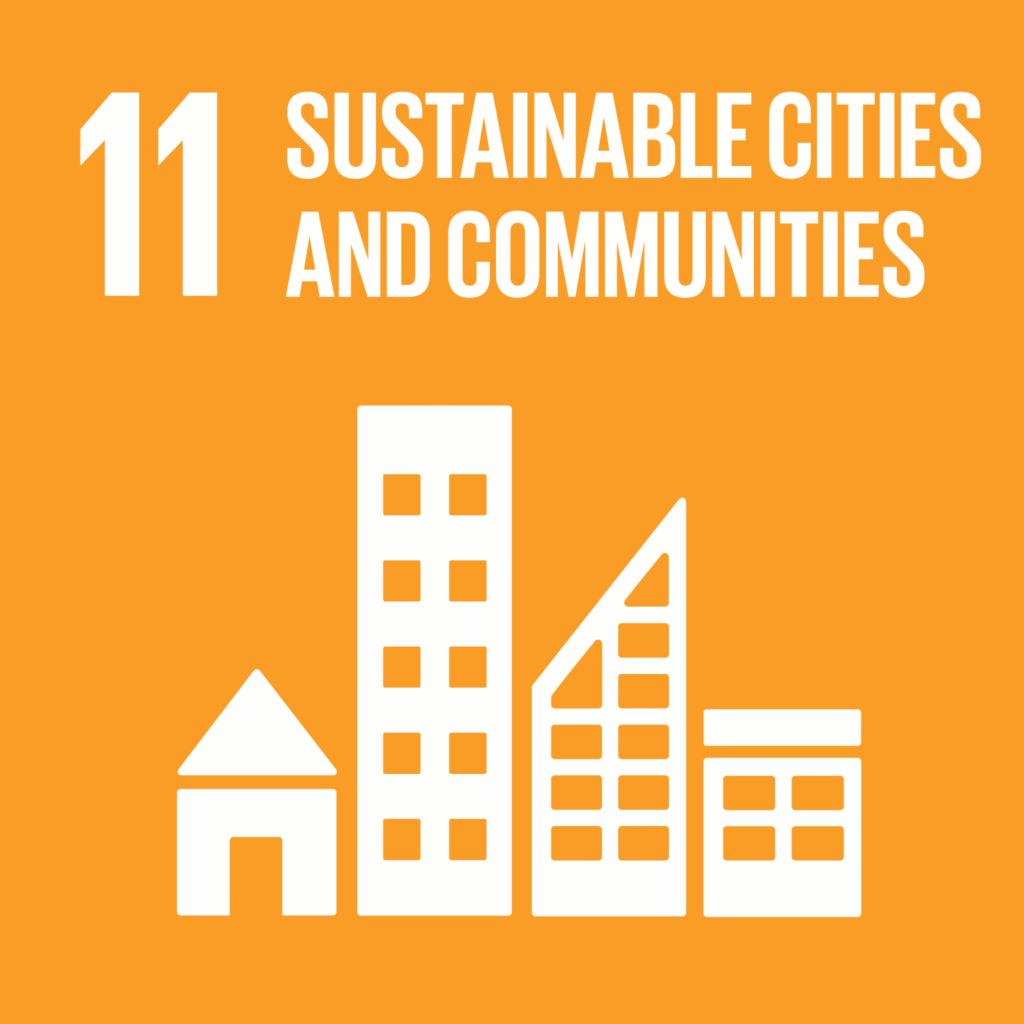
Microsoft
Swiss Federal Institute of Technology Zürich (ETH Zürich)
UN Habitat


